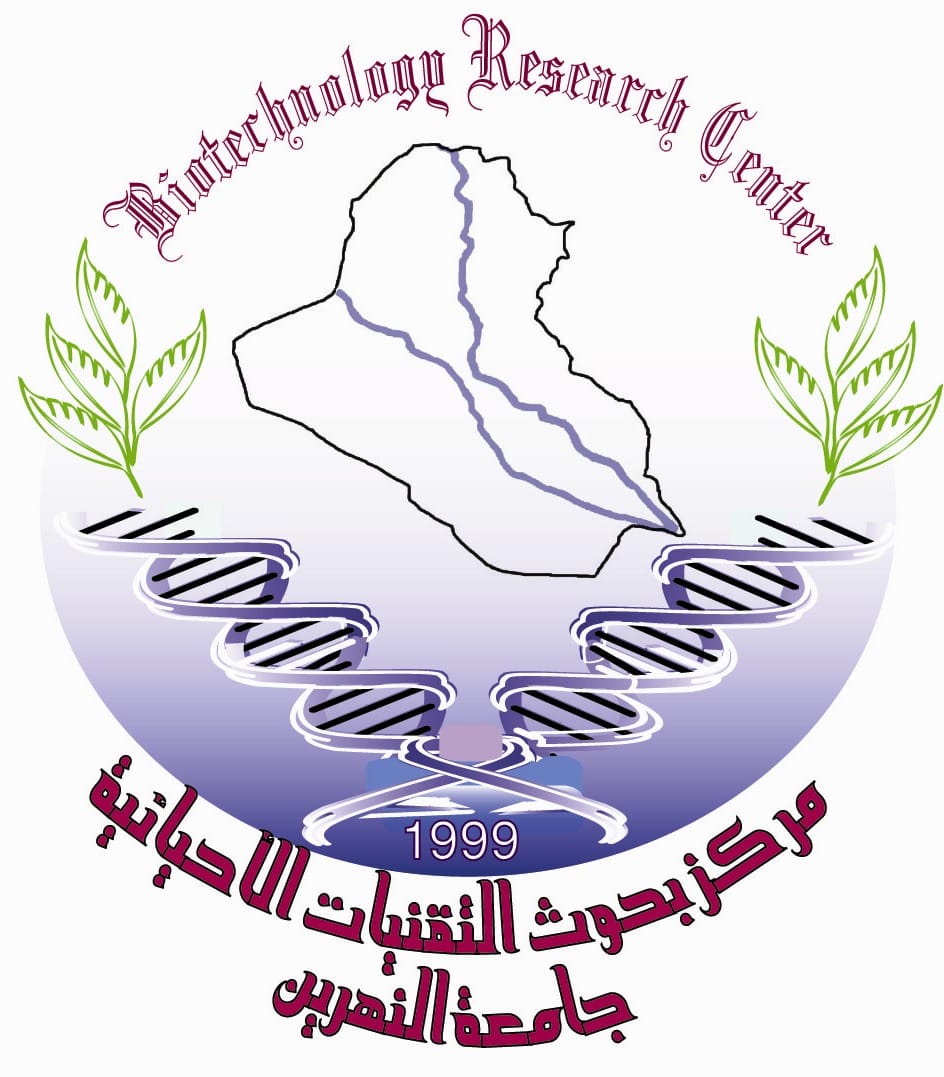The Role of Emergent Aquatic Macrophytes in Changing Water Quality at Al-Shafi Marsh, Southern Iraq
DOI:
https://doi.org/10.24126/jobrc.2009.3.1.39Keywords:
Iraqi Marshes. Emergent Aquatic Macrophytes. Water Quality ChangingAbstract
This study was done at Al-Shafi marsh, southern Iraq, to determine the role of emergent aquatic macrophytes in changing the water quality. Three dominant emergent aquatic macrophytes were identified in the marsh and the vegetation cover percentages for them were measured, which were Phragmites australis covers 40%, Typha domengensis covers 30%, and Schoinoplectus litoralis covers 15%, while the other 15% was open water. The water environmental variables [pre the marsh, in the marsh (distributed emergent macrophytes), and post the marsh] were measured. The statistical program t-test was applied at the significant levels (P-value < 0.01) and (P-value < 0.05) to know the significant differences in the environmental variables among the sites. This study showed that light penetration, total suspended solids, water turbidity, nitrate, nitrite, and phosphate concentrations differed significantly (P < 0.01). While, Water temperature, pH, dissolved oxygen, calcium, and magnesium were differed significantly (P < 0.05) among the sites. In addition, no significant differences in electrical conductivity, salinity, and chloride were observed by emergent macrophytes. Therefore, this study concluded that emergent macrophytes play important role in changing some water characteristics
Downloads
Published
How to Cite
Issue
Section
License
This is an Open Access article distributed under the terms of the creative commons Attribution (CC BY) 4.0 license which permits unrestricted use, distribution, and reproduction in any medium or format, and to alter, transform, or build upon the material, including for commercial use, providing the original author is credited.











